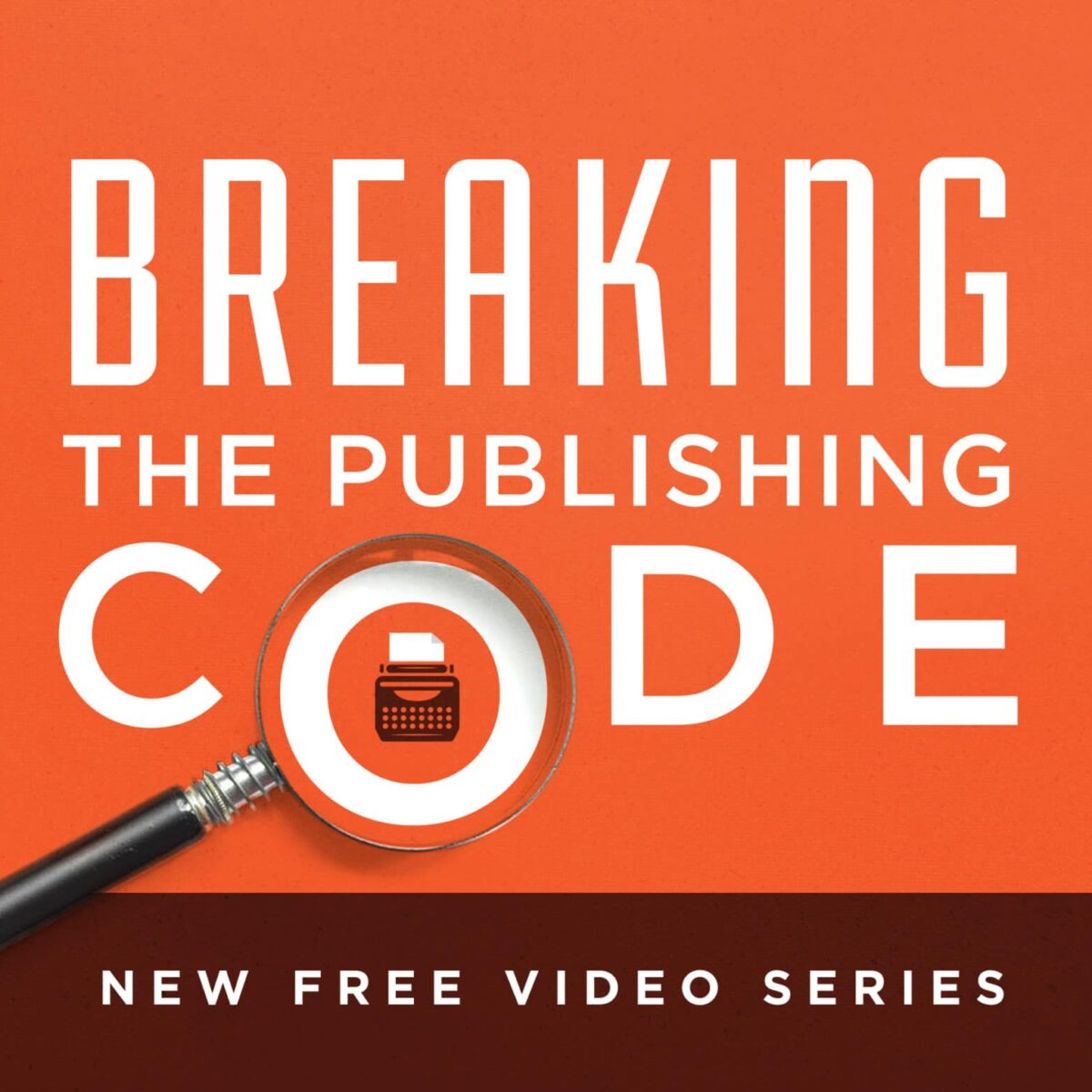Launching anything new is tough. If you're like me, you have more on your plate now than you can say grace over. How in the world could you make time for one more thing?

That's what I thought back in December when I first started thinking about launching a new podcast. I had already been doing a podcast based on an adult Sunday school class I teach. But, after 83 episodes, I stopped in May of 2011.
My friend, Robert Smith, was the first to suggest I start a new podcast. Andy Andrews, his client and also a good friend of mine, had just launched a podcast called In the Loop with Andy Andrews. Robert introduced me to Andy Traub, the producer, who also encouraged me.
In early January, Brian Scheer, my manager, and I met with Dan Miller, author of 48 Days to the Work You Love. He is also host of the 48 Days podcast, one of the most popular business podcasts on iTunes. He told us that his podcast was the foundation of his entire business.
A few days later, I stumbled onto the website of Cliff Ravenscraft, also known as the Podcast Answer Man and host of the podcast by the same title. He was invaluable in shaping my vision for what my own podcast could be and providing the education and training I needed to get up and running.
I officially launched my podcast on Tuesday, exactly two months after Robert first gave me the idea. In the first 24 hours, I had more than 5,000 downloads and more than 700 subscriptions.
Though every project is unique, I have learned that every new initiative presents a predictable set of challenges. I don't care if you are starting a business, writing a book, or launching a podcast, you have to take at least seven steps to succeed.
- Write down a goal and a due date. Many people skip this step. Don't. There is something that happens when you write down a goal. It's a way of focusing your intention and clarifying what you want to accomplish. And be sure to attach a date—no goal is complete without it.
For example, in the case of the podcast, I wrote this down as one of my ten goals for 2012:
Launch a podcast by February 15, 2012 and acquire 50,000 subscribers by December 31, 2012.When I wanted to quit, that February 15th date pulled me forward. It kept me laser-focused. It motivated me!
- Confront your biggest fears. If your goals don't scare you, you aren't thinking big enough. Most of the value in goal-setting is the growth that must take place in you to achieve them. Often, this is frightening.
In the case of my podcast, I had to confront these fears:
- I don't have any real experience with audio technology. I am not sure I am smart enough to understand it.
- I don't really want to spend the money to get decent equipment, especially when I am not confident I will follow-through.
- I am really not sure I can make the podcast interesting enough. Will anyone really want to listen?
Those are just a few of the fears I faced. However, I have learned that courage isn't the absence of fear. It is the willingness to take the next step in spite of the fear.
- Get the necessary training. One thing I learned from my dad is that it's possible to learn how to do almost anything if you are willing to read, take a class, or hire a coach. Not only has someone somewhere in the world figured out what you want to do, but someone has also mastered how to teach it.
In the case of podcasting, that person is Cliff Ravenscraft. I listened to numerous episodes of his free podcast, The Podcast Answer Man. I also bought his super helpful courses, including:
- Learn How to Podcast 101
- GarageBand 101
- Adobe Audition 101
- Evaluating Your Podcast
- Inside the Studio
Though his courses aren't cheap, they were way less expensive—and faster—than the cost of trying to learn on my own. (Actually Learn How to Podcast 101 is free.)
- Get started on the work. Some things can only be learned by doing. Yes, you can read. Yes, you can listen to or watch online training. But at some point, you have to jump in the pool and get wet.
In the case of podcasting, I jumped into recording my first podcast. I hated the way I sounded. My compulsive, perfectionist tendency kicked in, and I tried to edit out all the imperfections. It took forever. I almost quit.
However, Brendon Burchard and Cliff Ravenscraft convinced me (via their training) that the imperfections actually create authenticity and build trust. As a result, I decided to do the podcast in one take and only edit out major gaffs (e.g., a sneezes, big coughs, etc.)
The only way I figured this out was by creating the workflow, giving it a try, and then reengineering. I am sure I will get better with practice.
- Trust the process. This is huge. Usually, when I take on something really big, I only have a foggy idea of how to get from point A to point B. I have enough light to take the next step, but that is usually enough. When I take that step, the next thing I need shows up. Not always, but usually.
In the case of the podcast, I didn't know what equipment to buy. I asked a few friends, ordered a microphone, shockmount, pop filter, and desk boom from Amazon. I tried it all out, didn't like it, and ended up returning all of it.
That was right before I discovered Cliff's website. I visited his podcast equipment page and went into immediate sticker shock. But he convinced me that the investment would be worth it. I ordered his complete package and love it.
Another example, I had to submit my finished podcast to iTunes. I didn't know how to do this at the beginning of the process. I didn't discover how until two days before I launched. Then I messed it up by submitting the wrong link! Regardless, I kept marching forward, not getting approval until hours before my podcast went live.
- Go ahead and launch. At some point, you have to ship. So many people keep fiddling with it, hoping to get it perfect. General George Patton once said, “A good plan violently executed now is better than a perfect plan executed next week.”
I could have tweaked my podcast endlessly. Believe me, I was tempted to do so. But I had set a goal to launch by February 15th. I had shared this plan with my teammates. Therefore, I was committed to making it happen.
It was scary. I had a thousand voices in my head suggesting I delay the launch for another week. They said,
- C'mon, what's a week? This will give you a chance to do it right.
- You only have one chance to make a first impression.
- What if no one listens? Are you sure this is a good idea?
I knew it wasn't perfect, but I pulled the trigger anyway.
- Tweak as you go. The great thing about most projects today—especially web-related or new media ones—is that you can keep fiddling with your project after you ship it.
In the case of my podcast, I discovered several items I wanted to change immediately. For example, I initially didn't use a graphic image in the blog post (i.e., “show notes”). I thought the audio player was enough. I changed my mind and added a graphic image to make it more visually interesting.
While launching your project is a one-time event, constant and never-ending improvement is ongoing. But you can never get to the second if you don't do the first.
As I said at the beginning, launching any new project is tough. But if you understand the steps, it's easier to overcome the Resistance and ship.
Disclosure of Material Connection: Some of the links in the post above are “affiliate links.” This means if you click on the link and purchase the item, we will receive an affiliate commission. Regardless, we only recommend products or services we use and believe will add value to our readers. We are disclosing this in accordance with the Federal Trade Commission’s 16 CFR, Part 255: “Guides Concerning the Use of Endorsements and Testimonials in Advertising.








